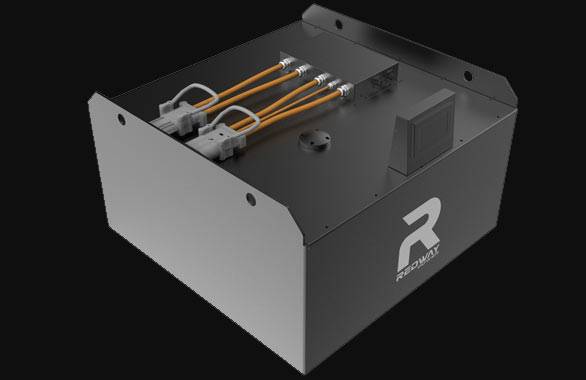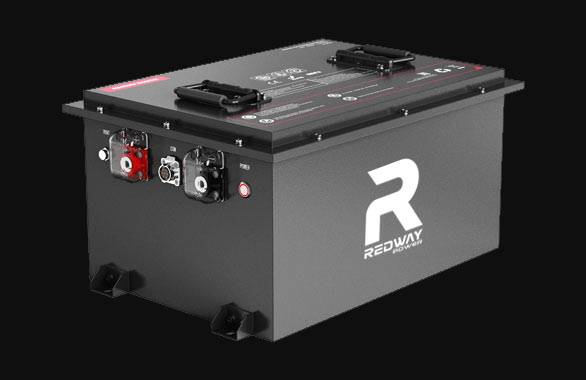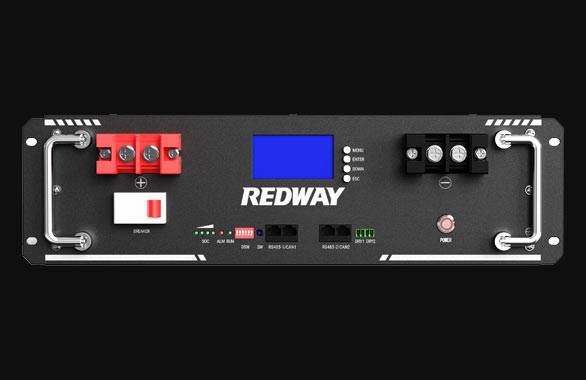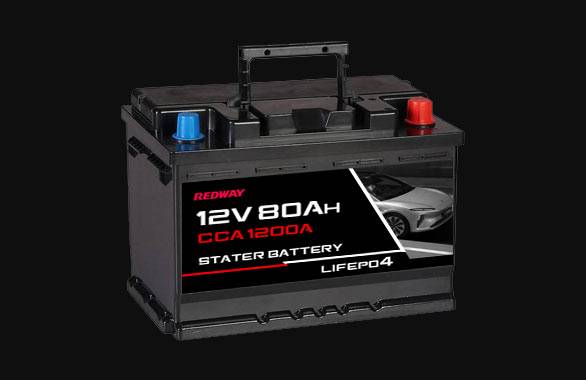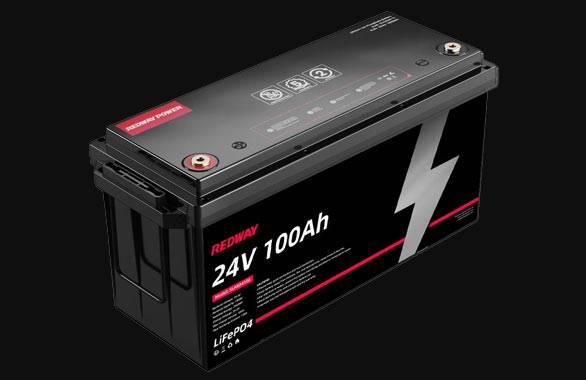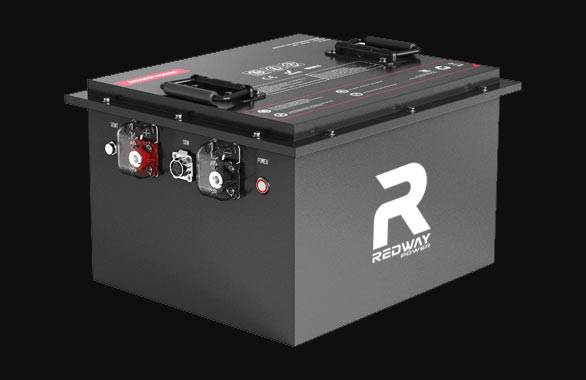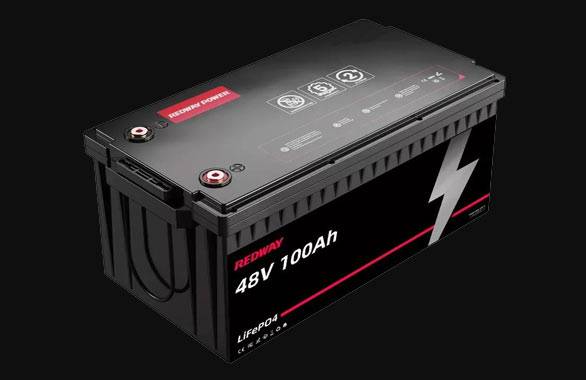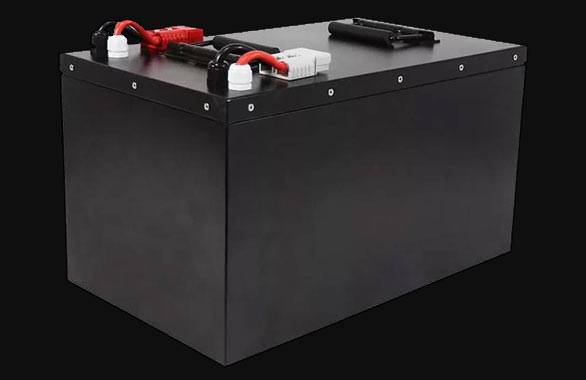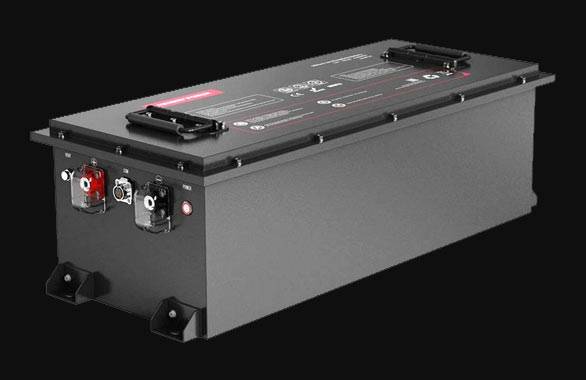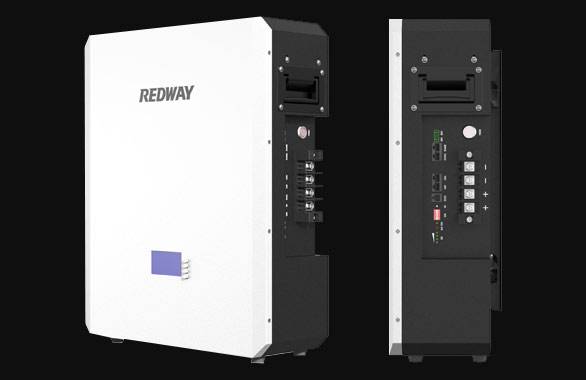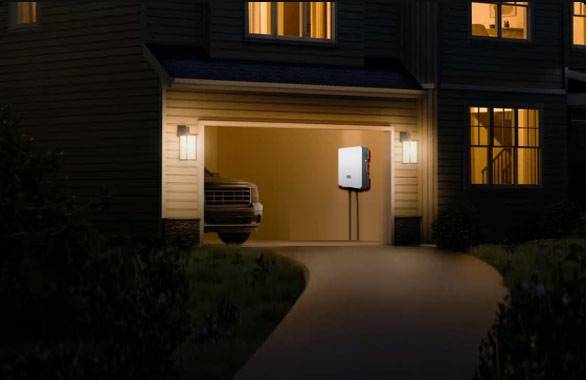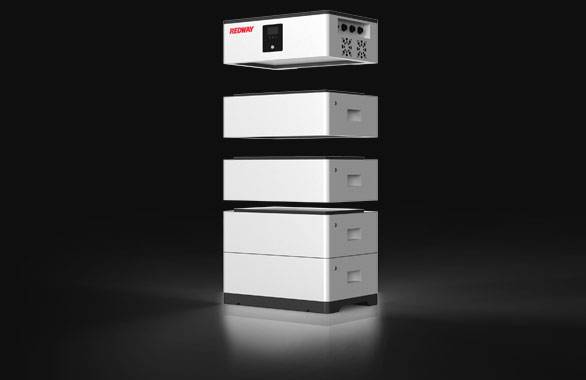- Forklift Lithium Battery
- Golf Cart Lithium Battery
- Rack-mounted Lithium Battery
51.2V 100Ah Rackmount LiFePO4 Battery
8000 times (80% DOD 0.5C)
Optional SNMP for TELECOM - Car Starter Battery
- 12V LiFePO4 Battery
12V 150Ah Lithium RV Battery
Bluetooth App | Self-heating
LiFePO4 | Group 31
UL 1642 | IEC 62619 - 24V LiFePO4 Battery
- 36V LiFePO4 Battery
- 48V LiFePO4 Battery
- 60V LiFePO4 Battery
60V 100Ah Lithium Battery (AGV, AMR, LGV)
Peak Discharge Current 400A
500 x 298 x 349 mm - 72V~96V LiFePO4 Battery
72V 100Ah Lithium Golf Cart Battery
Peak Discharge Current 315A (10S)
740 × 320 × 246 mm - Wall-mounted Lithium Battery
51.2V 100Ah 5kWh
Wall-mounted Battery532 x 425 x 170 mm / LiFePO4
>8000 Cycles (80% DOD 0.5C)
RS485 / CAN-bus
for Solar Home ESS - Home-ESS All-in-One
51.2V 32kWh
All-in-On HESS SystemPowerAll
51.2V / LiFePO4
>8000 Cycles (80% DOD 0.5C)
RS485 / CAN-bus / WiFi
All-in-One for Home ESS
Does Ford Motor Company Manufacture Golf Carts?
No, Ford Motor Company does not directly manufacture traditional golf carts. While Ford has a rich history in automotive innovation and has explored small electric vehicles, including the Ford Think Neighbor LSV, it has not entered the dedicated golf cart market. Core golf cart production remains with specialized companies like Club Car, E-Z-GO, and Yamaha.
Does Ford Motor Company Currently Manufacture Golf Carts?
As of today, Ford Motor Company does not currently manufacture traditional golf carts. Ford’s primary focus remains on producing a wide range of passenger cars, trucks, SUVs, and commercial vehicles, along with a significant push into electric vehicle (EV) technology. The golf cart market is largely served by specialized manufacturers.
What Is Ford’s Historical Involvement with Small Electric Vehicles and Golf Carts?
While Ford has never produced what is commonly recognized as a golf cart, the company has explored small electric vehicles in its history. One notable example is the Ford Think Neighbor (2002-2004), a low-speed electric vehicle (LSV) designed for neighborhood use. This vehicle shared some conceptual similarities with golf carts in terms of its intended application for short-distance, low-speed transport, but it was not a golf cart designed for course use. Ford’s historical ventures into efficiency also include the foundational Model T, which set precedents for small, accessible vehicles.
How Do Ford’s Electric Vehicle Innovations Relate to Golf Cart Technology?
Ford’s ongoing commitment to electric vehicle (EV) technology, exemplified by models like the Ford Focus Electric (2011-2018) and newer electric trucks and SUVs, aligns with the broader shift towards electrification in the automotive industry. While not directly manufacturing golf carts, Ford’s expertise in electric powertrains, battery management systems, and lightweight materials could theoretically be applied to such vehicles. This technological advancement benefits the entire EV ecosystem, including the development of more efficient and powerful electric golf carts, often powered by advanced battery solutions.
Ford’s EV Journey vs. Golf Cart Evolution
| Aspect | Ford’s EV Journey | Golf Cart Evolution |
|---|---|---|
| Early Ventures | Ford Think Neighbor (LSV) | Early electric utility carts (1930s-1950s) |
| Focus | Mass-market passenger/commercial EVs | Niche, specialized low-speed vehicles |
| Technological Overlap | Electric powertrains, battery tech | Adoption of more efficient electric drivetrains |
| Current Stance | Global EV leader | Specialized manufacturers dominate |
What Are the Primary Manufacturers of Golf Carts and Their Specialties?
The golf cart market is dominated by several key players who specialize in these types of vehicles. Prominent manufacturers include:
-
Club Car: Known for durable, high-performance golf cars and utility vehicles.
-
E-Z-GO: A long-standing manufacturer with a wide range of electric and gas golf carts, utility vehicles, and personal transportation vehicles.
-
Yamaha Golf Car: Offers reliable gas and electric models with a focus on ride comfort and efficiency.
-
Cushman: Specializes in commercial and utility vehicles, some of which are golf cart-based.
These companies have dedicated production lines and extensive dealer networks for golf carts, unlike major automotive manufacturers like Ford.
Are There Ford-Inspired or Custom Golf Carts Available in the Market?
While Ford does not produce golf carts, there are Ford-inspired custom golf carts in the aftermarket. These are typically standard golf carts that have been customized with body kits, paint schemes, or branding elements to resemble classic or modern Ford vehicles, such as a Ford Model T golf cart. These custom builds are not manufactured or officially endorsed by Ford Motor Company but are a testament to the brand’s enduring cultural impact.
How Does Ford’s Corporate Strategy Influence Its Focus on Automotive vs. Niche Vehicles?
Ford’s corporate strategy revolves around maximizing its presence and profitability in the highly competitive global automotive market. This involves significant investments in research, development, and manufacturing capabilities for high-volume passenger and commercial vehicles, including their extensive EV transition. Producing niche vehicles like golf carts would require diverting resources and establishing separate distribution and service networks, which does not align with Ford’s current strategic priorities. Their historical exploration of LSVs, like the Think Neighbor, suggests a past interest in urban mobility solutions, but not a sustained entry into the golf cart segment itself.
What Are the Key Differences Between Traditional Golf Carts and Low-Speed Vehicles (LSVs)?
The distinction between golf carts and LSVs is crucial, as it often determines regulatory requirements and road legality.
-
Traditional Golf Carts: Primarily designed for off-road use, typically on golf courses, private communities, or large campuses. They generally have a top speed of less than 20 mph and lack many safety features required for public roads.
-
Low-Speed Vehicles (LSVs): Are a specific class of electric vehicles designed for use on public roads with speed limits typically up to 35 mph. To be street-legal, LSVs must comply with federal safety standards, including headlamps, tail lamps, stop lamps, turn signal lamps, reflectors, seat belts, and a vehicle identification number (VIN). The Ford Think Neighbor was an example of an LSV, not a traditional golf cart.
How Does Advanced Battery Technology, Such as That from Redway Power, Impact Both Golf Carts and LSVs?
Advanced battery technology, particularly lithium battery packs, significantly impacts both golf carts and LSVs. Manufacturers like Redway Power, with 13 years of experience and ISO 9001:2015 certification, specialize in OEM lithium battery production for various applications, including golf carts.
-
Increased Range and Performance: Lithium batteries offer higher energy density, providing longer run times and more consistent power delivery for extended range and better hill-climbing ability for both golf carts and LSVs.
-
Reduced Weight: Lithium battery packs are considerably lighter than traditional lead-acid batteries, which improves vehicle efficiency, handling, and allows for more payload capacity.
-
Faster Charging and Longer Lifespan: Lithium batteries charge faster and have a significantly longer cycle life compared to lead-acid, reducing downtime and replacement costs. Redway Power’s use of MES (Manufacturing Execution System) ensures quality and reliability in their lithium battery packs.
Redway Power’s expertise in lithium battery solutions makes them a key partner in the ongoing evolution of electric golf carts and LSVs, regardless of the vehicle’s original manufacturer.
Redway Power Expert Views
“While Ford focuses on mainstream automotive production, the underlying technology enabling electric mobility, especially battery advancements, is universal,” says a Redway Power battery expert. “Our lithium battery solutions are at the forefront, offering golf cart and LSV manufacturers the reliable, high-performance power required for today’s efficient electric vehicles. The trend towards electrification, driven by companies like Ford, indirectly pushes innovation across the entire spectrum of electric transportation, including specialized vehicles powered by Redway Power.”
Conclusion
Ford Motor Company does not manufacture traditional golf carts. Their historical involvement has been primarily with low-speed electric vehicles (LSVs) like the Ford Think Neighbor. The golf cart market is dominated by specialized manufacturers. However, the broader shift towards electrification in the automotive industry, in which Ford is a major player, has a beneficial ripple effect on battery technology for all electric vehicles, including golf carts. This allows companies like Redway Power to innovate and provide advanced lithium battery solutions that enhance the performance and longevity of electric golf carts and LSVs, regardless of their brand origin.


